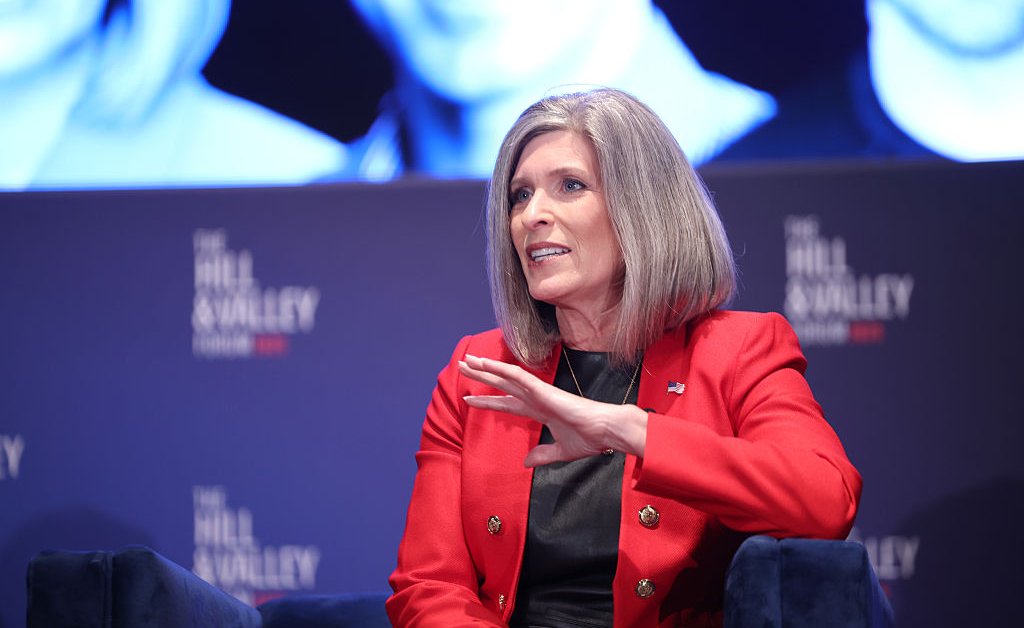2°C World: How Soon Must Businesses Start Adapting?

Welcome to your ultimate source for breaking news, trending updates, and in-depth stories from around the world. Whether it's politics, technology, entertainment, sports, or lifestyle, we bring you real-time updates that keep you informed and ahead of the curve.
Our team works tirelessly to ensure you never miss a moment. From the latest developments in global events to the most talked-about topics on social media, our news platform is designed to deliver accurate and timely information, all in one place.
Stay in the know and join thousands of readers who trust us for reliable, up-to-date content. Explore our expertly curated articles and dive deeper into the stories that matter to you. Visit Best Website now and be part of the conversation. Don't miss out on the headlines that shape our world!
Table of Contents
2°C World: How Soon Must Businesses Start Adapting?
The clock is ticking. Scientists warn that exceeding a 1.5°C global temperature rise above pre-industrial levels will unleash catastrophic climate change consequences. Even a 2°C rise presents a significantly challenging future, demanding immediate and substantial adaptation from businesses across all sectors. But how soon is too soon to begin adapting to this potentially devastating reality? The answer, unequivocally, is now.
The Urgency of Climate Adaptation:
The impacts of climate change are no longer a distant threat; they are happening right now. Extreme weather events – from devastating hurricanes and wildfires to prolonged droughts and floods – are becoming increasingly frequent and intense. These events disrupt supply chains, damage infrastructure, and threaten the viability of businesses unprepared for the new climate reality. A 2°C world will exacerbate these challenges exponentially.
Sector-Specific Impacts and Adaptation Strategies:
Different industries face unique vulnerabilities in a 2°C warmer world. Let's examine a few:
-
Agriculture: Changes in rainfall patterns, increased temperatures, and more frequent extreme weather events will severely impact crop yields and livestock production. Adaptation strategies include developing drought-resistant crops, implementing precision irrigation, and diversifying agricultural practices.
-
Insurance: The increased frequency and severity of extreme weather events will lead to significantly higher insurance payouts. Insurers must develop more sophisticated risk assessment models and pricing strategies to account for climate change impacts. This includes investing in climate risk modelling and data analytics.
-
Energy: The transition to renewable energy sources is crucial, but even this sector needs adaptation. Extreme weather can disrupt renewable energy generation, necessitating robust grid resilience and diversification of energy sources.
-
Tourism: Rising sea levels, coral bleaching, and extreme weather events threaten coastal tourism destinations. Adaptation strategies include developing sustainable tourism practices, investing in climate-resilient infrastructure, and diversifying tourism offerings.
Investing in Resilience: A Business Imperative:
Ignoring the need for climate adaptation is not an option. For businesses, proactive adaptation is not just a matter of social responsibility; it's a critical business strategy for ensuring long-term survival and profitability. Delaying action will only increase costs and risks in the long run.
What Steps Can Businesses Take Now?
- Conduct a Climate Risk Assessment: Identify vulnerabilities and potential impacts of climate change on your business operations.
- Develop an Adaptation Plan: Outline specific strategies to mitigate climate-related risks and build resilience.
- Invest in Sustainable Technologies: Adopt energy-efficient technologies and practices to reduce your carbon footprint.
- Engage with Stakeholders: Collaborate with suppliers, customers, and communities to address climate change challenges collectively.
- Lobby for Climate Policy: Support policies that promote climate action and encourage sustainable business practices.
The Future is Now:
The shift to a 2°C world is inevitable unless drastic measures are taken to reduce greenhouse gas emissions. However, even with aggressive mitigation efforts, adaptation remains crucial. Businesses that proactively adapt to the changing climate will be better positioned to thrive in the future, while those that lag behind risk falling victim to the escalating impacts of a warming planet. The time for action is not tomorrow; it is today. Embrace climate resilience, and ensure your business is prepared for the challenges ahead. Learn more about . Don't wait; start adapting now.

Thank you for visiting our website, your trusted source for the latest updates and in-depth coverage on 2°C World: How Soon Must Businesses Start Adapting?. We're committed to keeping you informed with timely and accurate information to meet your curiosity and needs.
If you have any questions, suggestions, or feedback, we'd love to hear from you. Your insights are valuable to us and help us improve to serve you better. Feel free to reach out through our contact page.
Don't forget to bookmark our website and check back regularly for the latest headlines and trending topics. See you next time, and thank you for being part of our growing community!
Featured Posts
-
 Political Fallout The Gops Defense Of Trumps Big Beautiful Bill Under Scrutiny
Jun 04, 2025
Political Fallout The Gops Defense Of Trumps Big Beautiful Bill Under Scrutiny
Jun 04, 2025 -
 Controversy Resolved Patti Lu Pone Apologizes For Recent Statements
Jun 04, 2025
Controversy Resolved Patti Lu Pone Apologizes For Recent Statements
Jun 04, 2025 -
 Asante Blackk Peyton Alex Smith And Simmie Sims Iii Lead Snowfall Spinoff Pilot Cast
Jun 04, 2025
Asante Blackk Peyton Alex Smith And Simmie Sims Iii Lead Snowfall Spinoff Pilot Cast
Jun 04, 2025 -
 Controversy Erupts Steelers Player Disrespects Pitt Logo At Facility
Jun 04, 2025
Controversy Erupts Steelers Player Disrespects Pitt Logo At Facility
Jun 04, 2025 -
 Understanding Lucy Guos La 500 2025 Forecast
Jun 04, 2025
Understanding Lucy Guos La 500 2025 Forecast
Jun 04, 2025
